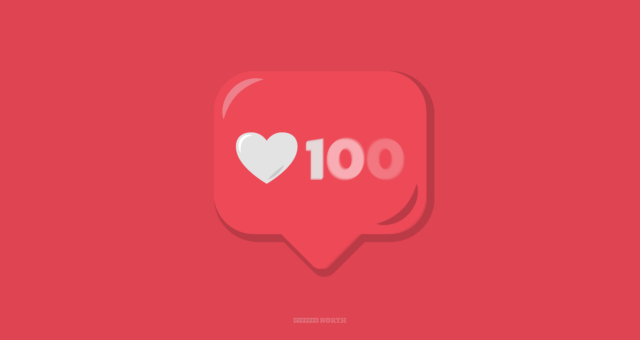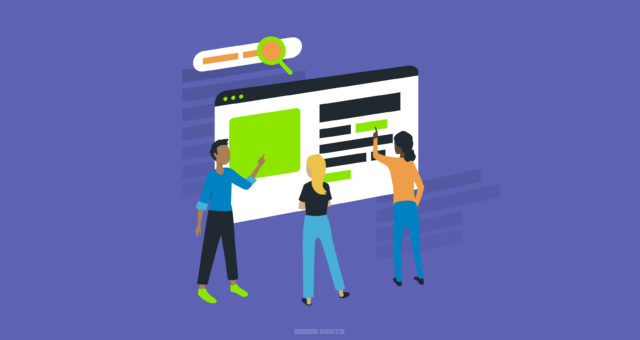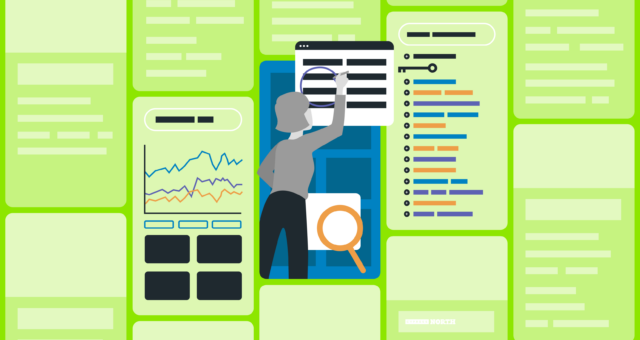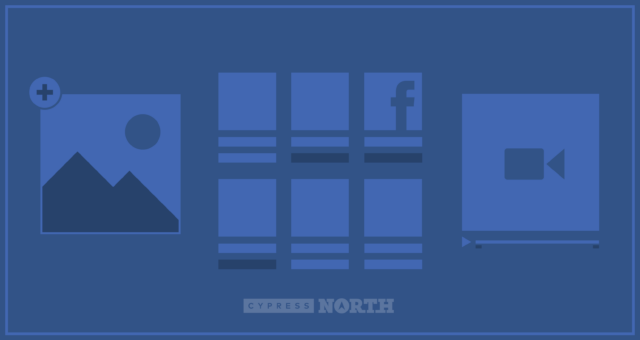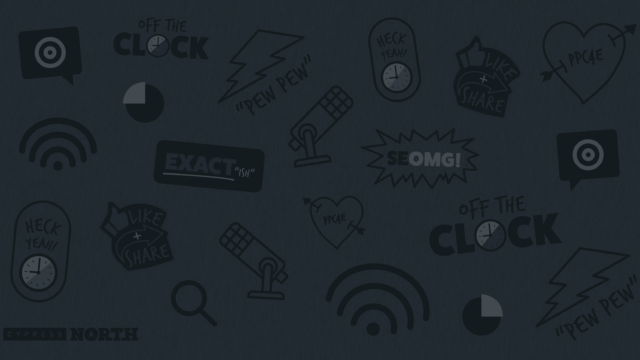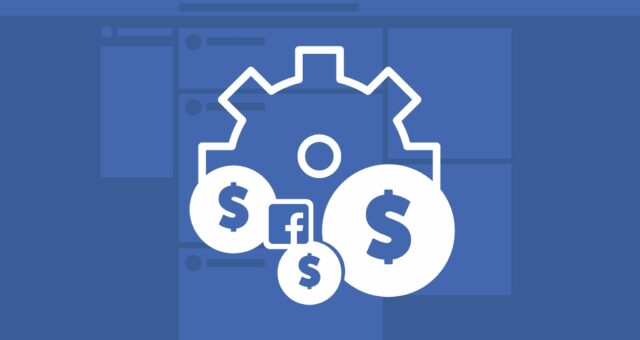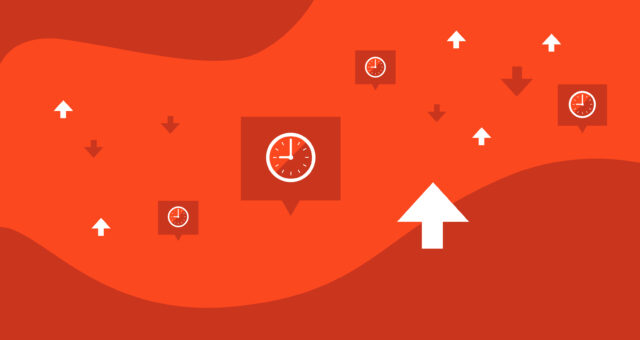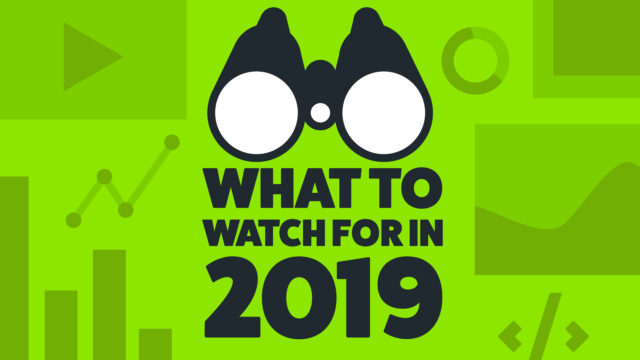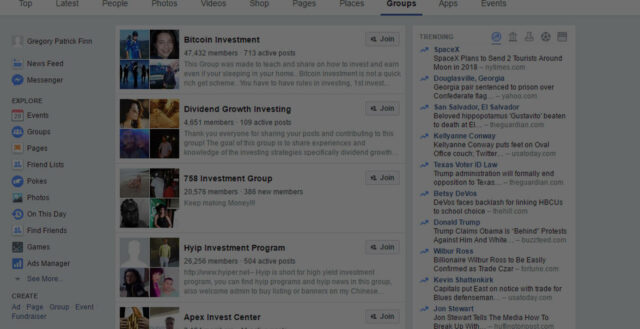Instagram for Business: Pros and Cons of Instagram's Changing Platform

The Marriage of Facebook and Instagram
Instagram has had quite the last 4 years. When Facebook originally acquired Instagram for $1 billion in 2012, not much initially changed for the platform. Nonetheless, it was clear that with Facebook's back-to-back purchase of Instagram, and soon after going public, it had one word in mind: ads.
Instagram maintained itself fairly independently of Facebook for the first few years of the acquisition. In 2012, going onto Instagram on any given day typically meant you'd see a lot of cat photos, grainy over-edited shots of babies, and selfies...ohhh the selfies. Instagram was attracting people who had begun to feel stale by Facebook's saturated platform. Instagram was quirky, clean-cut, and above all, simple. Photographers, designers, artists, and brands quickly began to harness the power of Instagram to produce quality content, more curated streams, and using the simple app as a way to market their product or service. Expanding beyond the visual aspect of their websites, Instagram allowed brands to further develop their image and feel. On top of all this, there wasn't a single paid aspect involved in Instagram. If you built a hefty following it was because people loved your photos. Photos appeared chronologically so there was no favoritism or algorithm involved in whose photo appeared first. It was based on strategy, cohesiveness, and an overall developed concept of what image you wanted to portray.
Enter: Instagram for Business
Before getting into the nitty-gritty of what these "business accounts" actually entail, it's important to note that Facebook introduced ads for Instagram in 2013. And, as most things typically are received in social media, it was met with vapid criticisms, rapidly adopted by brands, and then quickly accepted by the public (because hey, we all saw it coming). Ads for Instagram had to be created through Facebook Ads using Facebook targeting methods tied up with a neat Facebook bow. Now, with a business account through Instagram, you can create your own Instagram-based targeting groups for promoted apps. Here's the catch: it can only be done in-app.
Which is what leads into the fundamental benefits and problems of Instagram for Business. To be fair, Instagram only announced these business tools three months ago, so there are still many issues and kinks that need to be worked out before considering the tools a legitimate source of information for avid Instagram users.
Pros of the Business Accounts
There are a few very strong benefits of switching your brand's account to a business account:
Ease of Contact:
Instagram now allows you to enter in your company's phone number, email address, and physical address to your business account making it easier for customers to contact you. It's simple, accessible, and effective:
Simple Insights:
Instagram also provides very basic insights into your posts and follower data.

The information you can access from these insights is extremely minimal. It is perfectly suited for a small business looking to get information on their followers at a glance.
You can also receive information about how many people clicked to your website and the most popular times and days your followers interact with your posts.
For all of these charts, the blue lines are all you get. While Instagram had to collect actual data to provide these insights, as a user you can't actually access any numbers.

Simple Post Promotion:
Instagram Business accounts allow the user to promote a post without going straight to Facebook Ads. The record of the promotion and data are stored in your Facebook Ads account, however the promotion itself can be created right in Instagram using a preexisting or original post. Simply create the post, click "promote" below the image, create your target audience and budget, and send it out. The process is identical to boosting a Facebook post.
Cons of the Business Accounts
Again, for a small business looking to make a splash on Instagram, the business accounts offer free, simple, clean-cut information that can definitely help with understanding a target audience better. For an agency or a larger business, the business accounts don't serve as great of a purpose as they could (and hopefully will in the future).
A Desktop Feature Would Be Great
It is very difficult to do everything in-app. Instagram is the king of remaining entirely mobile. While this bodes well for running ads straight from Facebook, it doesn't work out as seamlessly when promoting a post from the app. Unfortunately, promoting a post on Instagram does not hold its worth at the moment as well as running a whole campaign. The results are not as great, it does not reach as many people (since you're creating an audience through the limited business account), it is more costly, and ultimately provides fewer results.
R.I.P Organic Social
With Instagram's new algorithm, brands who have either recently begun to use Instagram or have used the platform for awhile, didn't post often, but gained a substantial organic following are going to struggle with the integration of business accounts to the Instagram scene. Facebook introduced a new algorithm for Instagram earlier this year that more appropriately benefited large brands and companies who were willing to put more money up front to get seen on Instagram. It was described as an attempt to get posts that users will engage with the most to appear at the top of the feed as opposed to the classic chronologically ordered feed Instagram had maintained since its inception. If you have a certain friend whose photos you always like, or a local restaurant's feed you frequently comment on, their posts are going to have more of a precedent on your feed and have a higher ranking than say, that person from high school you still follow simply because they haven't unfollowed you yet. This is great for mega brands with massive followings and cash to burn on ads. This new set-up, however, wipes out smaller brands with smaller marketing budgets from the map. In essence, organic posts on Instagram will and have taken a huge hit. If smaller brands want to remain relevant on Instagram they need to begin posting more frequently, running more aggressive ad campaigns, and boosting posts. Once more people begin to engage with their content, it will show up higher on feeds for those who interact most.
Although this is a profitable move at a good time for the app, anyone looking to make a splash on Instagram with just talent, a good product, and a developed image will have a hard time without fully adopting paid social.
So...What Can You Do?
Simply put: Instagram is never going to go back to the old-fashioned, chronologically organized, curated content-based platform it used to be, and brands need to try and adapt to the changed landscape.
Since Instagram's take on 24 hour stories (almost identical to Snapchat) has come into play, it allows brands who have followers, but perhaps not a substantial number, an alternative opportunity to promote their product or service chronologically, without having any influence on Instagram's algorithm. Many companies have taken to Instagram Stories to create engaging ways to interact with their brand. There is no data that can be viewed after a story has completed its 24 hour run except how many people viewed your story. Plus, the only people who will be notified that you have posted a story will be your followers.
Currently it provides branding power, however this new feature is an opportunity for Instagram to allow brands to promote their stories to targeted timelines in the future.
Instagram business accounts are still in their infancy. There are plenty of changes that can and will happen. We're not ready to say goodbye to organic social as of now, but with the introduction of these accounts to the scene, it will become increasingly more and more difficult to have an impact as a brand without spending a some dough.



